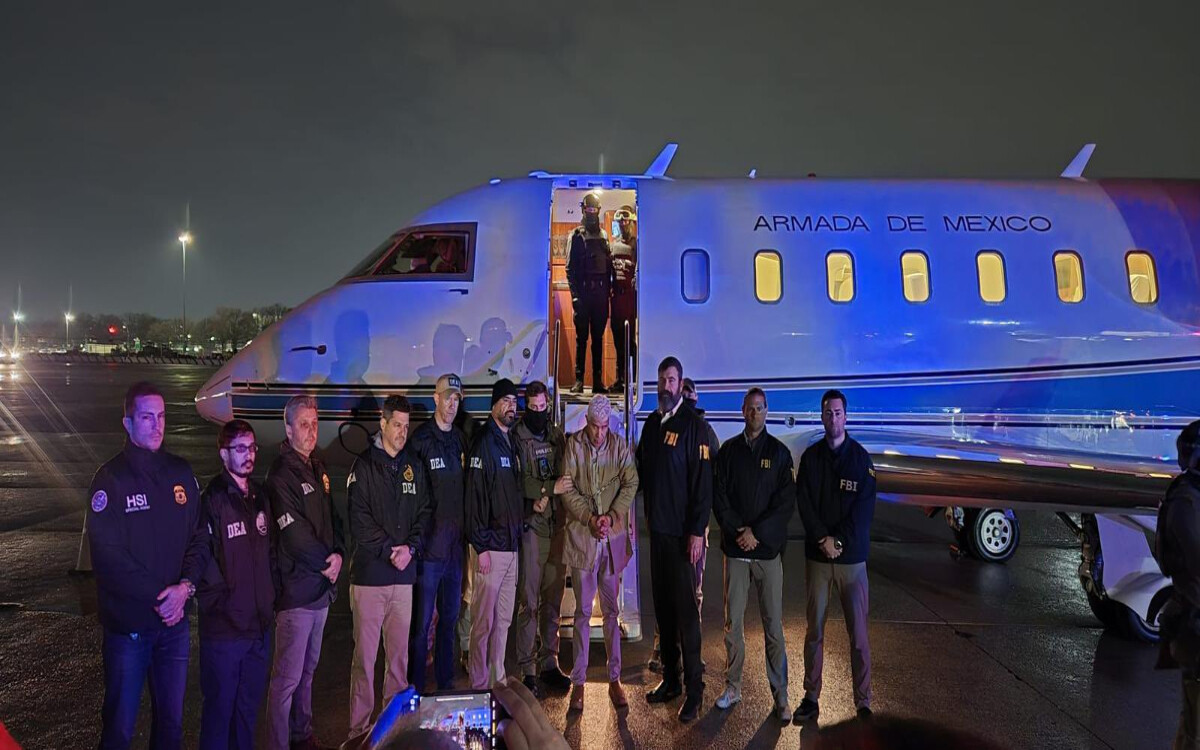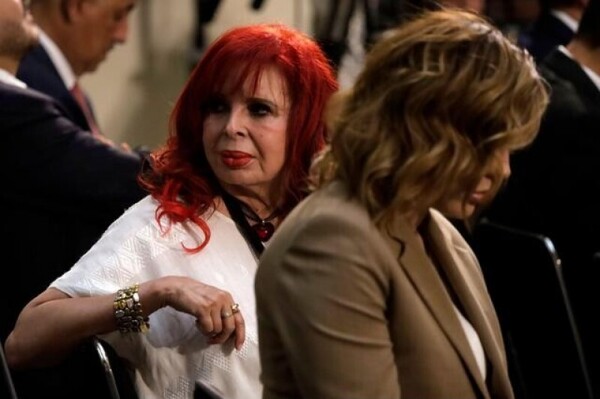
In Mexico, the delivery of 29 prisoners to the United States sparked controversy, some of whom are already facing extradition proceedings, while others were subjected to Article 5 of the National Security Law. Samuel González, former head of the Specialized Unit for Organized Crime (UEDO) of the PGR, emphasizes that the paradigm for combating organized crime is not the same as the fight against terrorism. He points out that the expelled prisoners, including Rafael Caro Quintero, have been labeled as 'terrorists'.
González Ruiz explains that the extradition of these individuals follows a different framework than the judicial process. He highlights that international legislation allows for the transfer of individuals accused of terrorism, and that those transferred have already had hearings and know their criminal charges in the U.S. Certain prisoners have been subjected to preventive detention for acts committed.
Regarding Rafael Caro Quintero, his special case and the procedural errors that contributed to his release in 2013 are highlighted. There are questions about why Mexico did not deliver him to the U.S. earlier, and it is emphasized that the paradigm has changed, suggesting that those who violate anti-terrorist legislation will be severely judged in the U.S.
The expert mentions that Ismael 'Mayo' Zambada could face charges of terrorist acts if his connection to terrorism-related offenses is proven. He highlights the role of extradition and national security law in these cases and suggests that those who challenge this new regulation could face serious consequences. Finally, the possibility of applying the death penalty to some of the 29 prisoners is raised, but it is expected that international treaties on the protection of life will prevail.













